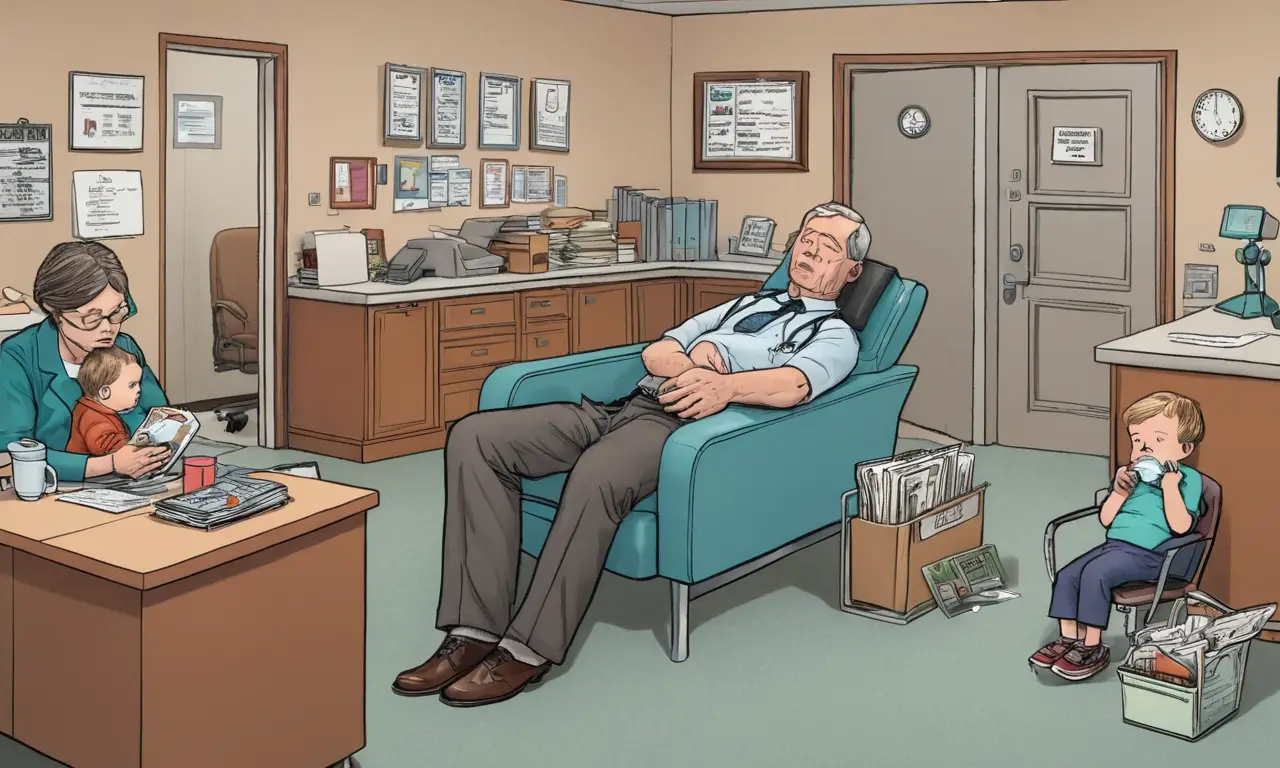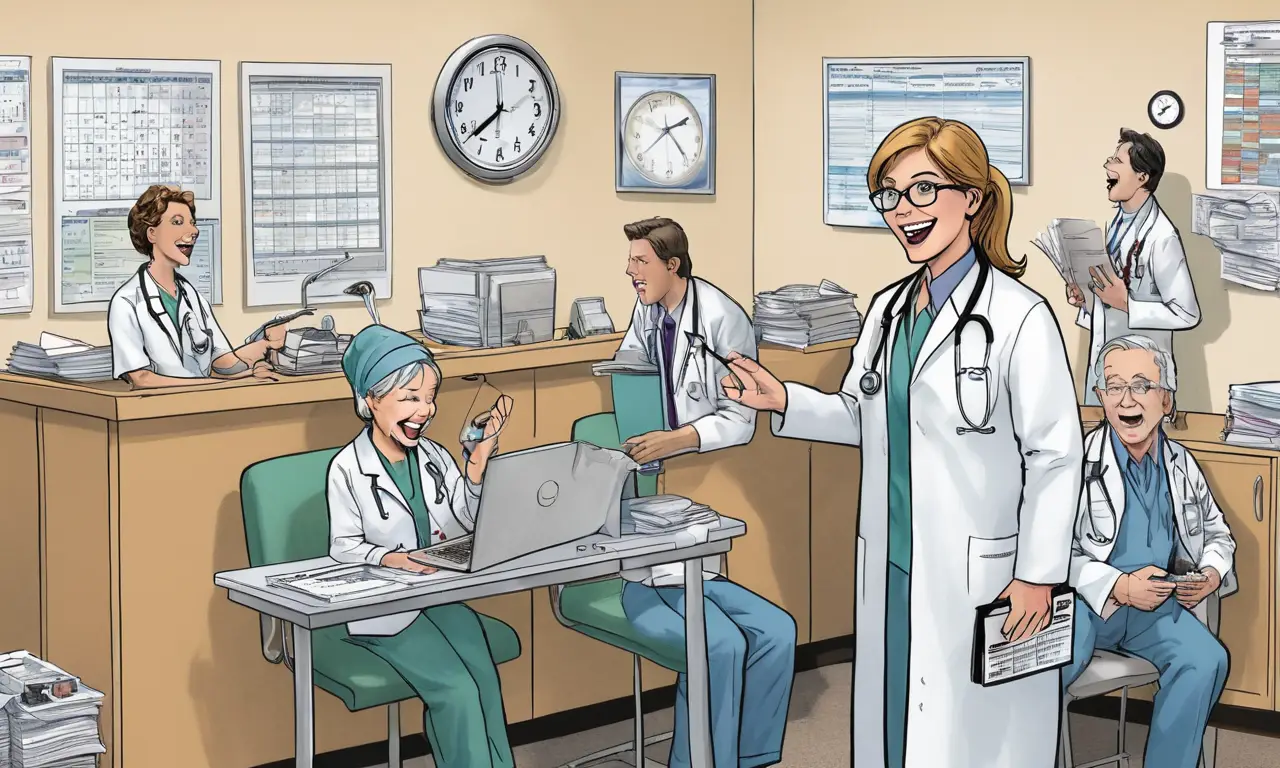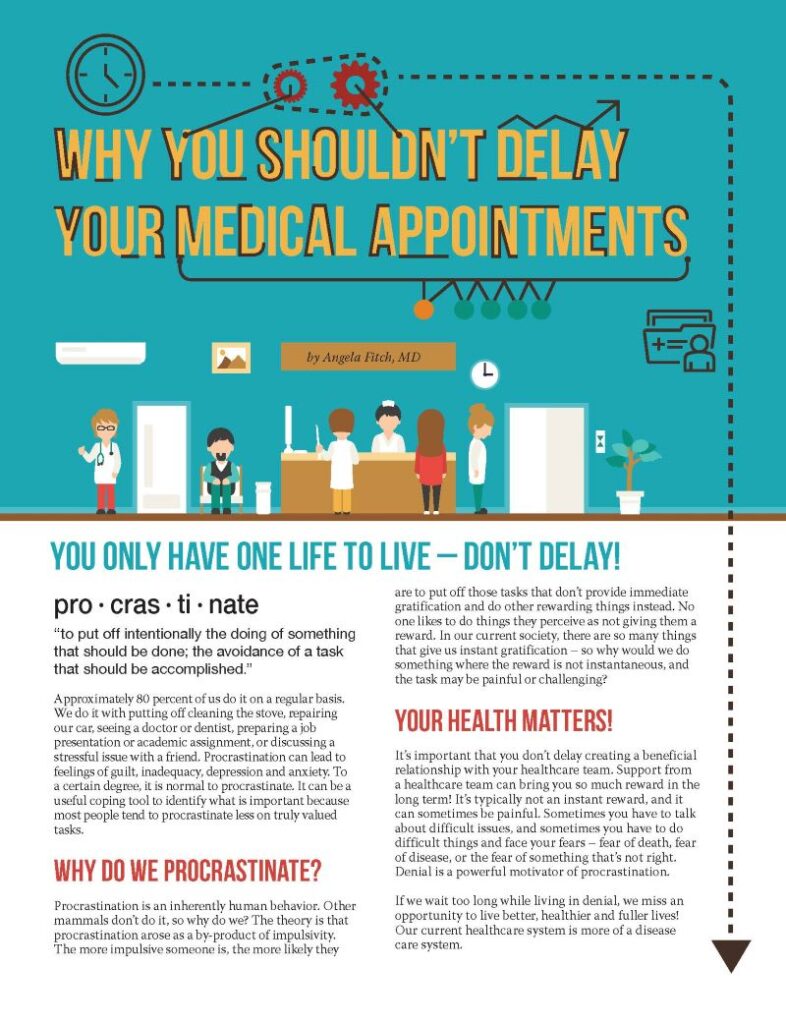We’ve all been there – sitting in a doctor’s waiting room, watching the clock tick by, wondering why our appointment is running late. Doctor appointment delays are a common frustration for patients, often leaving us feeling anxious and disrespected. But why are doctors never on time? The truth is, there are several factors that contribute to these frustrating delays, ranging from complex patient cases to unexpected emergencies.
This article will delve into the reasons behind doctor appointment delays, explore the impact they have on patients, and provide practical strategies for minimizing wait times. We’ll examine the various causes of healthcare delays, including the complexities of patient care, unforeseen emergencies, administrative tasks, and the importance of thorough medical record reviews. By understanding these factors, we can better navigate the healthcare system and advocate for ourselves when facing appointment delays.
Doctor Appointment Delays
Doctor appointment delays are a widespread issue affecting patients across various specialties and healthcare settings. These delays can range from a few minutes to several hours, causing significant inconvenience and frustration. Patients often feel their time is not valued, leading to feelings of stress and resentment towards the healthcare system.
The impact of these delays extends beyond mere inconvenience. They can disrupt work schedules, childcare arrangements, and other important commitments. In some cases, delays can even lead to missed diagnoses or delayed treatment, potentially exacerbating health conditions. It’s crucial to address this issue and explore solutions that prioritize patient time and well-being.
Causes of Healthcare Delays

Several factors contribute to doctor appointment delays, creating a complex web of challenges within the healthcare system.
Patient Complexity
One significant cause is the inherent complexity of patient cases. Some patients require more extensive consultations, detailed examinations, or specialized testing, which can extend appointment times beyond the initially allotted duration. Chronic conditions, multiple medical issues, and intricate treatment plans all contribute to increased consultation time.
Emergency Situations
Unexpected emergencies can also disrupt doctor schedules, leading to unforeseen delays. When a patient requires immediate attention, doctors must prioritize their care, potentially rescheduling previously scheduled appointments. These situations are unavoidable but highlight the dynamic nature of healthcare delivery.
Administrative Tasks
Administrative tasks, such as insurance verification, paperwork processing, and phone calls, can consume valuable time for doctors and staff. These essential duties often contribute to appointment delays, particularly in busy practices with high patient volumes.
Thorough Medical Record Reviews
Doctors prioritize comprehensive patient care by meticulously reviewing medical records before appointments. This thorough review allows them to understand past diagnoses, treatments, medications, and allergies, ensuring informed decision-making during consultations. However, this process can be time-consuming, potentially leading to delays if records are incomplete or require extensive analysis.
Minimizing Wait Times

While doctor appointment delays are often unavoidable, there are strategies patients can employ to minimize wait times and improve their overall experience.
Online Scheduling
Many healthcare providers now offer online scheduling options, allowing patients to book appointments at their convenience and potentially reducing the need for phone calls and administrative delays. Online portals also provide convenient access to appointment reminders and medical records.
Arriving Early
Arriving a few minutes early for appointments can help streamline the check-in process and reduce overall wait times. This allows staff to prepare for your consultation and ensures you have ample time to complete necessary paperwork.
Communicating Concerns
Don’t hesitate to communicate your concerns about appointment delays to the doctor or office staff. Open communication can lead to better understanding and potential solutions, such as adjusting appointment durations or exploring alternative scheduling options.
Conclusion
Doctor appointment delays are a frustrating reality for many patients, stemming from various factors including patient complexity, emergencies, administrative tasks, and thorough medical record reviews. While these challenges are inherent within the healthcare system, patients can take proactive steps to minimize wait times by utilizing online scheduling, arriving early, and communicating concerns with healthcare providers. By understanding the causes of delays and implementing these strategies, we can navigate the healthcare system more effectively and advocate for our time and well-being.



